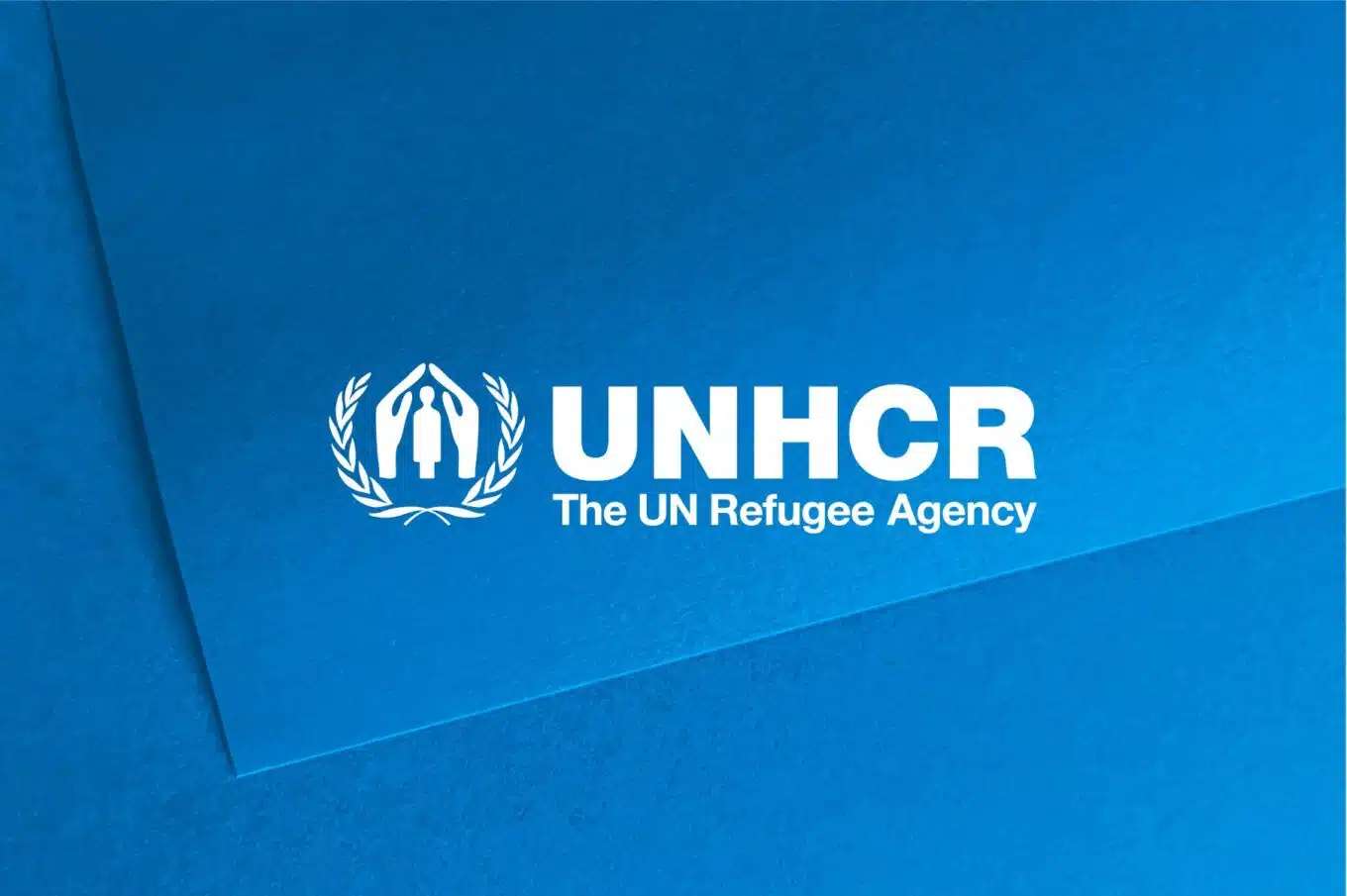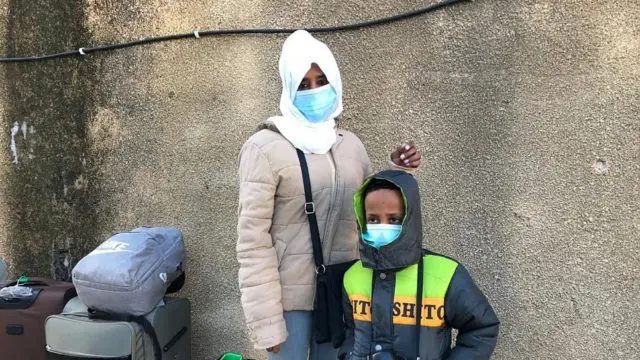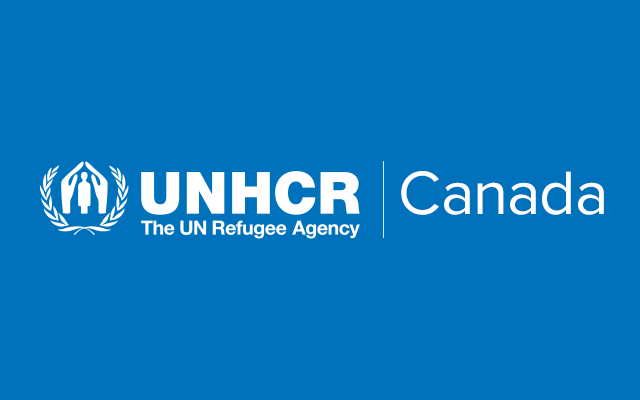GENEVA – UNHCR, the UN Refugee Agency, welcomes the adoption this week of a Protocol by the African Union (AU) Assembly of States to eradicate statelessness and advance inclusion for millions of stateless people on the continent.
The Protocol to the African Charter on Human and People’s Rights Relating to the Specific Aspects of the Right to a Nationality and the Eradication of Statelessness in Africa was adopted last weekend during the 37th Ordinary Session of the AU Assembly of the Heads of State and Governments. The text of the Protocol will be available in the coming days.
Statelessness is a worldwide phenomenon with those affected denied the right to recognition as citizens of any country, as well as associated rights. As a result, they are often prevented from fully participating in society, politically and economically marginalized, and vulnerable to discrimination, exploitation, and abuse.
The Protocol seeks to provide solutions to legal barriers that will ensure that stateless people and those at risk of statelessness can exercise their right to a nationality and, in turn, have better access to fundamental human rights, as well as national services such as health, education, and formal employment.
“This is a critical step in truly ending statelessness for people in Africa,” said UNHCR’s Assistant High Commissioner for Protection, Ruvendrini Menikdiwela. “We stand ready to work with States on the ratification, domestication, and implementation of this Protocol so that millions of vulnerable people can access basic human rights and services, improve their lives and contribute meaningfully to the development of their societies.”
Some standards set by this Protocol mark a significant advance in international law. The mechanisms to effectively prevent generational statelessness from the outset, specific provisions for nomadic and cross-border populations, and strong due process protections regarding the right to a nationality mark significant progress.
Following its adoption, the Protocol now needs to be ratified by just 15 AU Member States after which it will come into force.
This initiative fulfils a pledge made by the AU Commission at the UNHCR High Level Segment on Statelessness in October 2019 and subsequently at the first Global Refugee Forum, to advocate for the adoption, ratification and implementation of the Protocol by AU Member States.
Since 2019, AU Member States have made notable strides to resolve the plight of stateless people in their countries. In 2022, Liberia, amended its nationality law to grant women and men equal rights to confer nationality to their children. In Cote d’Ivoire, more than 16,000 descendants of historical migrants born on Ivorian soil, and by extension, their children, have had their nationality confirmed thanks to the implementation of special legislation for acquiring nationality by simple declaration from 2013 to 2016. Rwanda’s legal nationality reform in 2021 led to the inclusion of a specific provision to facilitate naturalization for stateless people. In 2023, around 7,000 stateless people from the Pemba community were confirmed as Kenyan citizens and more than 3,300 individuals who were at risk of statelessness were granted nationality in Zanzibar, Tanzania.
Mandated to prevent and reduce statelessness around the world, UNHCR remains committed to working with and providing support to the AU and its Member States to further identify, prevent and resolve statelessness in accordance with the goals of the decade-long #IBelong Campaign to end statelessness.
Notes for editors
In 2014, the African Commission on Human and Peoples’ Rights (ACHPR) adopted a resolution on nationality. The ACHPR requested the Special Rapporteur on Refugees, Asylum Seekers, Internally Displaced Persons and Migrants in Africa, to conduct a study on the right to a nationality. The finalized Draft Protocol was submitted for consideration to the AU Specialized Technical Committee on Migration and then to the Specialized Technical Committee on Justice and Legal Affairs, which adopted it at its ministerial segment, in December 2023. The Draft Protocol was also considered and adopted by the AU Permanent Representatives Committee in January, the AU Executive Council on 15 February, and then the AU Assembly of Heads of State and Government on 18 February 2024.
Media contacts
- In Addis Ababa, Hanson Ghandi Tamfu, tamfu@unhcr.org, +251 91 125 5545
- In Geneva, Shabia Mantoo, mantoo@unhcr.org, +41 79 337 7650
- In Nairobi (regional), Faith Kasina, kasina@unhcr.org, +254 113 427 094






